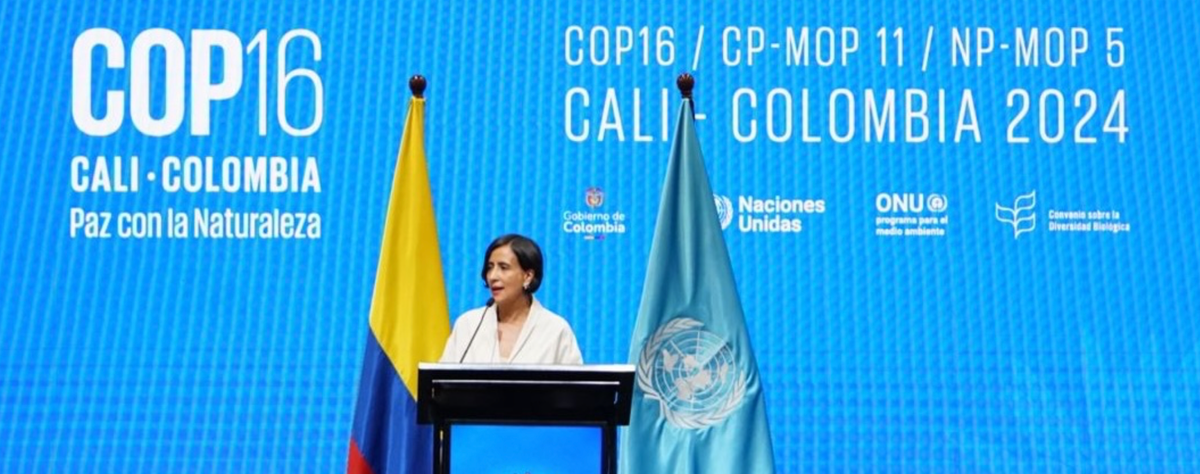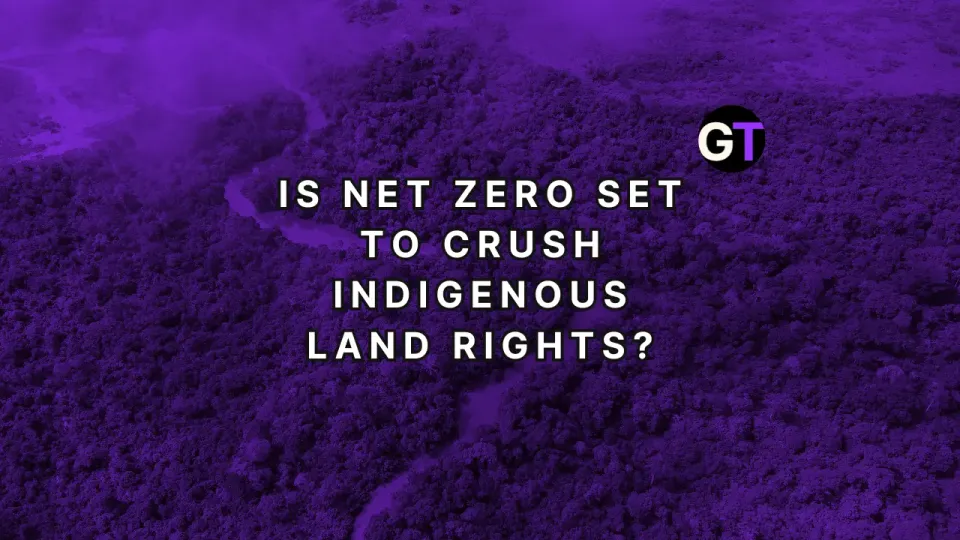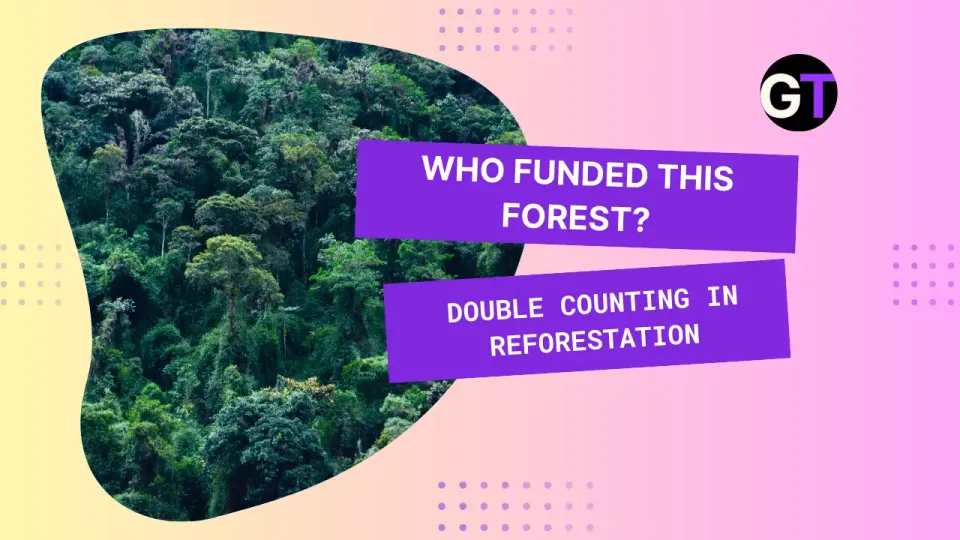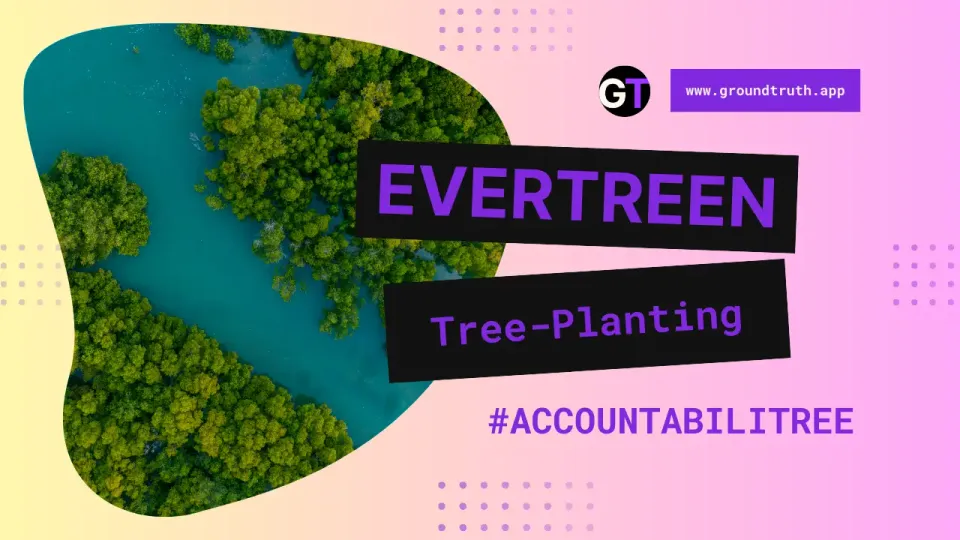Tree-mendous Drop in Deforestation, but COP16 Faces Hurdles
Petro pledged to turn Colombia into a “leader in the protection of life,”

This article by Lucas Berti was originally publishedin Mongabay.
- As global leaders, experts, activists and Indigenous voices meet this October in the Colombian city of Cali at the U.N. Biodiversity Conference, COP16, missteps and successes within President Gustavo Petro’s environment agenda are watched closely.
- COP16 occurs two years after the country’s first-ever left-wing president was sworn in, pledging to turn Colombia into “a leader in the protection of life,” as his four-year plan centers on energy transition, Indigenous causes and tackling climate change.
- But while praised internationally for his efforts to promote conservation, shift away from fossil fuels and surround himself with green-abiding authorities, Petro remains under pressure, as many of his environmental proposals are still on paper, upholding Colombia’s long-lasting socioenvironmental struggles.
- Experts attribute a lack of sufficient environmental resolutions to various factors, including a Congress resistant to government initiatives, challenges in curbing deforestation and Colombia’s status as the most dangerous country for environmental defenders, as highlighted by recent reports.
Just over two years have passed between the inauguration of Gustavo Petro, Colombia’s first-ever left-wing president, and the United Nations Conference on Biological Diversity (COP16), hosted by his government from Oct. 21 to Nov. 1 in Cali, the country’s third-most populated city. Representatives and decision-makers from more than 190 countries are set to attend or watch the event, including 10 heads of state, more than 100 environment ministers and many Indigenous organizations.
During the first half of Petro’s term, the country that is renowned for its rich and diverse biodiversity, but also for owing half of its exports to oil and coal, has witnessed several attempts to shift its environmental paradigm. From the very beginning, Petro pledged to turn Colombia into a “leader in the protection of life,” underscoring the efficient use of land around water, energy transition, the reduction of deforestation, the empowerment of Indigenous groups and the fight against climate change, among other issues, as cornerstones of his 2022-26 development plan.
The president has been joined in his ambitious mission by his environment minister, Susana Muhamad. A former mid-2000s Shell scientist and sustainability consultant, she has been described by The Guardian newspaper as the “Frida Kahlo of environmental geopolitics” due to her efforts to show Colombia an escape route from heavy dependence on fossil fuels. Under Petro and Muhamad, at the 2023 COP28 in Dubai, the Andean nation formally joined a bloc of states ahead of a Fossil Fuel Non-Proliferation Treaty, following Bogotá’s prior decision to reject all new oil and gas exploration projects. With an eye on a more sustainable economic structure, the government passed a decree in June that sought to halt fossil fuel subsidies.
Aware of the costs this energetic U-turn requires (with studies suggesting it would take a toll of 8-11% of the GDP annually), the Colombian government launched a $37 billion financing plan a few weeks before the COP16 that aspires to reduce its reliance on carbon energy sources. Muhamad said the program is set to “guide Colombia toward a low-carbon, biodiverse economy,” while seeking to help it reach a “51% reduction in greenhouse emissions by 2030.”
However, although advances are in sight and have been awarding Colombia with international recognition, government officials stick to pragmatism, even when signs are positive. One example regards deforestation, which had an estimated 70% reduction trend between January and September 2023, figures that helped Colombia end last year with an all-time overall yearly record drop of 36% compared with the previous year. It meant that 44,262 hectares of forests (109,374 acres) were no longer chopped from its forests during the period, according to official data.

Muhamad celebrated the achievement as an “encouraging figure,” but caution also entered the stage, as she said when announcing the positive figures that she didn’t want to look “triumphalist” or to “communicate that we are already winning the battle against deforestation.” A few months later, early 2024 data would prove the minister’s remarks to be prudent: In an April report, the Environment Ministry revealed an upward trend in deforestation in the first quarter, with specific incidence in the Colombian Amazon.
The new figures raised special concerns as Colombia’s share of the tropical rainforest, which represents 42% of the nation’s area, was particularly jeopardized prior to Petro’s rise to power, following decade-long biome losses that exceeded 3 million hectares (7.4 million acres).
Official data show large swaths of the Colombian Amazon, home to thousands of unique species, hit by 40% growth in deforestation in the first three months of 2024 compared with the same period last year, putting authorities once again on alert.
Sandra Restrepo, an environmental advocate from the organization Tierra Libre Colombia, told Mongabay that despite the government’s efforts to raise awareness about the cause, she was skeptical about the future. Colombia’s environmental conditions must keep improving beyond the term of President Petro, she said.
Restrepo’s alerts came as only eight of Petro’s administration’s 24 proposals related to or concerning the environment had advanced as of today, according to a report from news outlet Dialogue Earth. Experts told Mongabay that most of the government’s setbacks in moving onward with its agenda were due to a “hostile” Congress; Petro and his left-wing coalition have lost the legislative power they initially had.
A similar scenario of legislative hardships is seen in Brazil under leftist President Luiz Inácio Lula da Silva, who inherited a series of climate policy setbacks from his right-wing predecessor Jair Bolsonaro.
Restrepo fears that a power shift that removes the environmental agenda from Colombia’s priority list could negatively affect today’s progress.
“We are more than halfway through Petro’s term and there is still a long way to improve, with advances coming at a slow pace. And if we think about the uncertainty around governmental continuity, greater are the concerns,” she said.

A risky COP16
This year’s deforestation hikes help paint a broader picture of the context in which Colombia holds the COP16. In addition to El Niño-led negative effects, the recent deforestation upsurge is attributed by officials to the “significant coercion” armed groups inflict upon Indigenous and peasant communities that play a crucial role in supporting state-promoted preservation efforts.
The problem is a fragment of a long-lasting crisis that, since the mid-20th century, has been responsible for an at-large environmental and humanitarian crisis triggered by disputes between the Colombian military forces, paramilitary far-right groups and left-wing guerrillas. The period, often called “Colombia’s internal armed conflict,” erupted in 1964, after years of social turmoil and deep political division following the assassination of popular liberal political leader Jorge Eliécer Gaitán.
The death of Gaitán triggered a cycle of instability that opposed rural, left-leaning worldviews to violent anti-communist rhetoric that were typical of the Cold War, producing decades of violent armed and land disputes. Official data say that more than 9 million people have been directly or indirectly affected by the war, of which more than 2 million died or have been forcibly disappeared. As decades passed, this complex dynamic also included the rise of drug cartels and crime firms and their subsequent clash for territorial and economic power.
Petro has been trying to solve this puzzle ever since he was sworn in. A former member of the now-extinct left-wing M-19 guerrilla group, he took office promising to put an end to the violence that still haunts Colombia despite peace deals in 2016 that pacified the Revolutionary Armed Forces of Colombia (FARC), once the country’s biggest left-wing guerrilla. This landmark is seen, at least officially, as the “end” of the armed conflict and even resulted in then-president Juan Manuel Santos receiving the Nobel Peace Prize for his “resolute efforts to bring the country’s more than 50-year-long civil war to an end.”
But although ceasing the armed activity of the FARC, the 2016 deals were followed by uncertainty, as different FARC dissidents refused to lay down their weapons. At the same time, hundreds of former FARC combatants who desired peace were killed after the agreements.

Today, as groups remain fragmented, creating an even more intricate scenario of violence, the main problem for Petro is the resistance of active armed cells to negotiate or fully comply with his cease-fire proposals, which are agreed upon and dissolved from time to time. This dilemma has all but buried the president’s desired plans of promoting “total peace,” while causing the internal displacement of more than 5 million people in 2023, foreign NGOs say.
At the same time, Truth Commissions formed to investigate the humanitarian and socioenvironmental effects of more than 50 years of conflict, alert to the impacts of the decade-long war on nature, with bombings, pipeline sabotage-led oil spills and the use of land for illicit crops directly affecting the biome.
This month’s COP16 is not far from the problem. Despite being called the “COP of the people” and raising hopes for peace and nature protection, the conference is somehow impacted by the crossfire. On the eve of the summit, armored vehicles and 11,000 police and military personnel had to be deployed to Cali to ensure its “successful development,” the Defense Ministry said. Concerns over possible terrorist attacks abound since Cali is not far from guerrilla strongholds occupied by the Estado Mayor Central (EMC), the largest dissident group since FARC.
With that in mind, less than a week before the summit, the government announced a six-month extension of the bilateral ceasefire with a few units of the EMC, as tensions persist.
Sebastián Ronderos, a Colombian political researcher at the University of Namur, in Belgium, told Mongabay that this “worrying dynamic” between social struggles and the risk to nature is directly related to the environmental challenges lying ahead of the left-wing government. Ronderos said that effective steps for socioenvironmental progress need to “urgently emerge beyond speeches and commitments,” measures without which he said he believes is “inconceivable to properly advance an environmental agenda.”
“Although President Petro has managed to place socioenvironmental, energy and economic transformation issues in the center of public debate, and also to solidify a narrative against the extractive and illicit economy, practical results are still limited,” he said. “The government has shown more success in defining its political vision toward environmental transformation rather than in fact implementing effective changes in the territory.”
Ronderos’ concerns come a month after a new NGO Global Witness report showed that Colombia accounted for 40% of all global reported murders of land and environmental defenders, making the country the deadliest for the category. With 79 assassinations documented in 2023 alone, Colombia’s 2012-23 death toll reached 461, a high level of casualties that puts the country far ahead of Latin American nations that are much bigger in population and territory, such as Brazil and Mexico. Of the victims, 31 were Indigenous and six were members of Afro-Colombian communities.
Global Witness wrote in the report that, although the government of Colombia “has made commitments to reduce violence, these have not yet led to a decrease in reprisals against some of the country’s most vulnerable activists and communities.”

Indigenous long-due demands
Ahead of COP16, Indigenous groups in Colombia had high hopes that the event could open the door for the payment of historic debts, such as the formalization of the Indigenous Territorial Entities, an administrative recognition that is set to empower Native communities and allow them to partake in the state’s political-administrative-legal structure.
They raised their voices, as this right has been guaranteed since the enactment of the 1991 Constitution but has never really been put into practice. In that respect, communities that are part of the 115 different Native peoples in Colombia expressed that fulfilling this promise went beyond giving them what was rightfully theirs: They said it could be crucial to help in the conservation of the biome, especially in the Amazon region, as reported by El País newspaper.
Amid so many challenges and concerns, some of their demands were heard. Days before the COP16, Gustavo Petro issued a decree recognizing Indigenous groups as environmental authorities in their territories, which is expected to expand the powers of ancestral communities to protect the environment. Although it does not yet fully answer all their previous demands, it was well received by their representatives. The president declared that “no one can teach any Colombian how to build a vital balance between humans and nature like Indigenous peoples do,” once again mentioning his commitment to building “concrete actions in the construction of peace with nature.”
Looking at advances and setbacks, Afro-Colombian activist and sociologist Marilyn Machado Mosquera, who is from Cali and is attending COP16, told Mongabay that defining the Colombian government’s environmental journey until this month’s event is “extremely complex.”
“Taking stock of the progress and goals achieved by the Petro government on environmental issues is quite ambitious,” Mosquera said. “It is a government that has historically placed environmental protection and decarbonization as fundamental elements, but the obstacles for that to be effectively consummated are and will remain numerous.”
License
Berti, Lucas. "Deforestation plunges but environmental threats remain as Colombia hosts COP16." Amazon, 21 Oct. 2024. Republished under CC BY 4.0.




